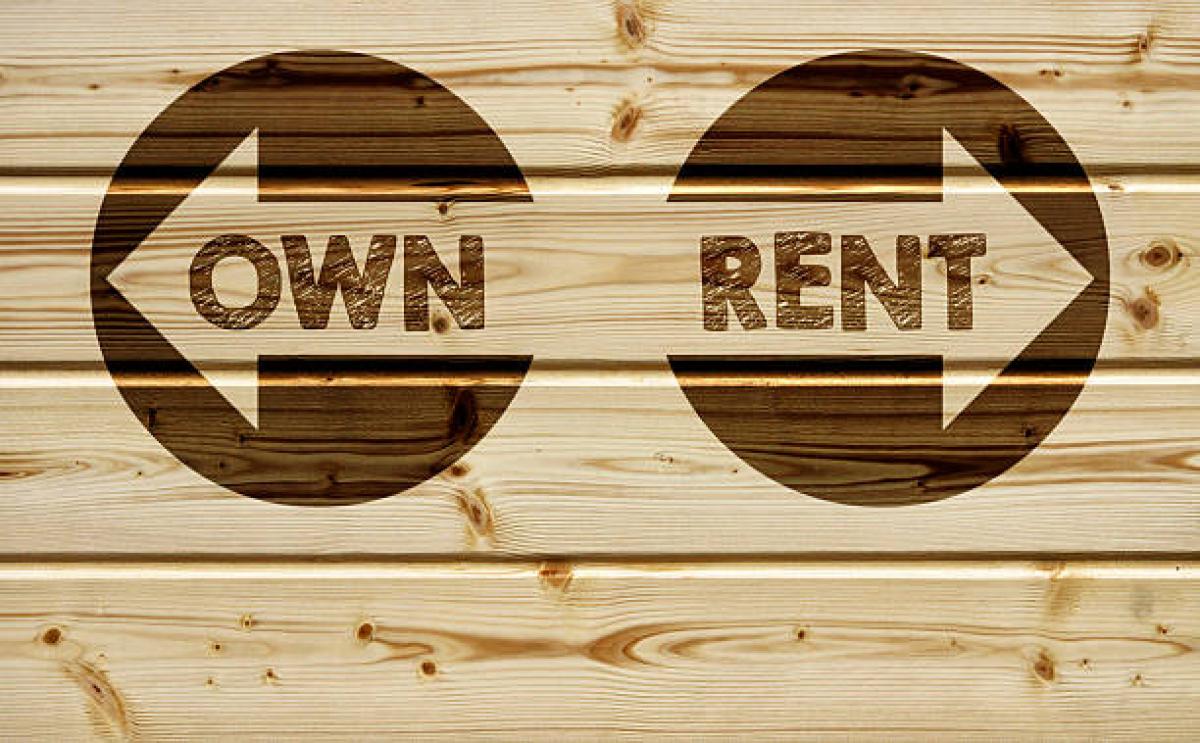[ad_1]
In cities like Bengaluru, Pune, Kolkata and Chennai, rental values have surged more than property prices between the end of 2021 and the first half of 2024. According to recent analysis, this trend has led to increased costs for tenants, with rental rates rising up to 72% across major micro-markets. Meanwhile, cities like NCR, MMR and Hyderabad have seen the opposite trend, with capital values rising faster than rents.
Data shows:
Bengaluru: Areas like Sarjapur Road saw a 67% rise in average monthly rents, while property prices increased by 54%.
Pune: Hinjewadi experienced a 52% rental hike compared to a 31% increase in capital values.
Kolkata: EM Bypass recorded a 46% jump in rental costs against a 15% rise in capital values.
Chennai: Pallavaram showing a 40% growth in rental values, outpacing the 18% rise in property prices.
However, in cities like NCR, MMR and Hyderabad, capital value appreciation outpaced rental growth. For example, Noida’s Sector-150 saw a staggering 126% rise in property prices, while rents increased by 56%.
The decision to rent or buy continues to be influenced by multiple factors, including financial stability, job prospects and personal preferences. For instance, an individual in Bengaluru paying ₹50,000 monthly rent for a ₹1.2 crore property may question whether renting is more viable than buying. Over ten years, rent escalations could lead to an outflow of ₹83 lakh, which represents 69% of the property’s cost with no investment returns.
Experts argue that purchasing a home through a loan could offer long-term benefits. “Instead of spending large amounts on rent, monthly EMIs could eventually lead to property ownership,” said Prashant Thakur, regional director of Anarock Group. With home loan rates currently ranging from 8.75% to 9.5%, owning a physical asset is becoming increasingly attractive.
Tax deductions, including those on principal repayments and interest charges, as well as special benefits for first-time homebuyers and women, add to the financial appeal of homeownership. Yet, expert notes, financial rationale alone doesn’t always guide such decisions. Personal preferences, family size and market performance are crucial factors when weighing the pros and cons of renting versus buying.
This trend of homeownership gained traction during the pandemic, when many Indians, particularly younger tenants, reconsidered the value of owning property as a safeguard against uncertainties. Although rental prices have surged in key cities, the desire for the security of owning a home remains strong, especially with current home loan interest rates supporting this sentiment.
As rent continues to be viewed as an expense and EMIs as investments toward asset ownership, the debate over rent versus buy remains complex and individualistic.
[ad_2]

